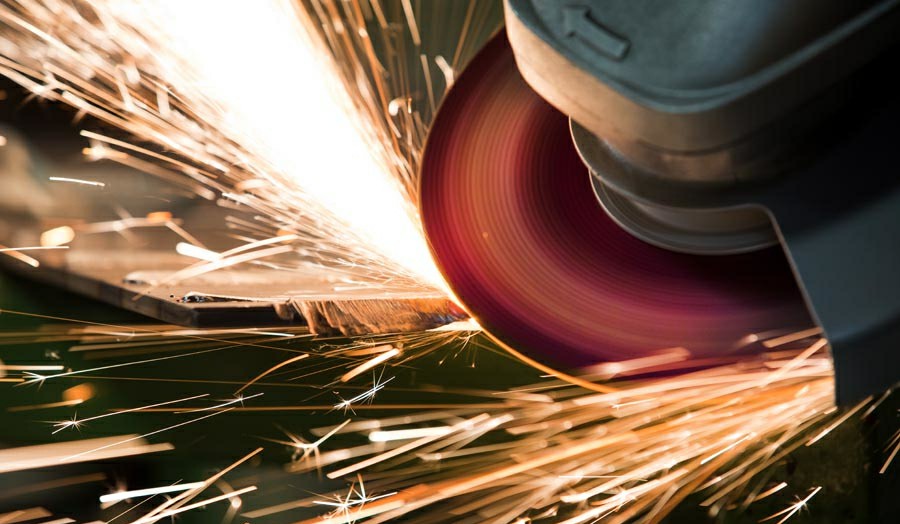


 349,500 Offered Certificates
349,500 Offered Certificates
 24/7 Online Training
24/7 Online Training
 Money Back Guarantee
Money Back Guarantee
 Fully Accredited Courses
Fully Accredited Courses

Created at: 22-02-2025 19:59
Abrasive wheels are vital tools used in various construction, manufacturing, and DIY tasks, proving essential for cutting and grinding operations. While they provide significant efficiency boosts, the risks associated with abrasive wheels are profound and potentially dangerous. Understanding these risks and implementing safety measures can firmly enhance the safety of workplaces across Dublin, Cork, Galway, Limerick, Waterford, and beyond.
Abrasive wheels can lead to severe accidents if the necessary precautions are not taken.
Identifying common hazards associated with abrasive wheels is crucial in preventing workplace accidents:
The injuries resulting from the misuse of abrasive wheels are often severe:
Effective risk mitigation involves a combination of proper training, regular inspections, and adherence to safety protocols:
Investing in comprehensive Abrasive Wheels training is paramount. These courses, available in Dublin, Cork, and Galway, equip operators with essential skills:
Regularly inspecting abrasive wheels ensures they are in good condition:
Wearing the appropriate PPE is non-negotiable:
Ensuring a safe work environment when using abrasive wheels is critical to preventing accidents and injuries. Proper training, PPE usage, and consistent risk assessment can significantly reduce potential dangers in workplaces across Ireland. Employers and employees are urged to engage in certified Abrasive Wheels training to enhance compliance and safety standards. Make a proactive choice today and enroll in **Abrasive Wheels courses** in Dublin, Cork, Galway, or Limerick to ensure your workplace prioritizes safety.
For more information, contact us at [email protected].